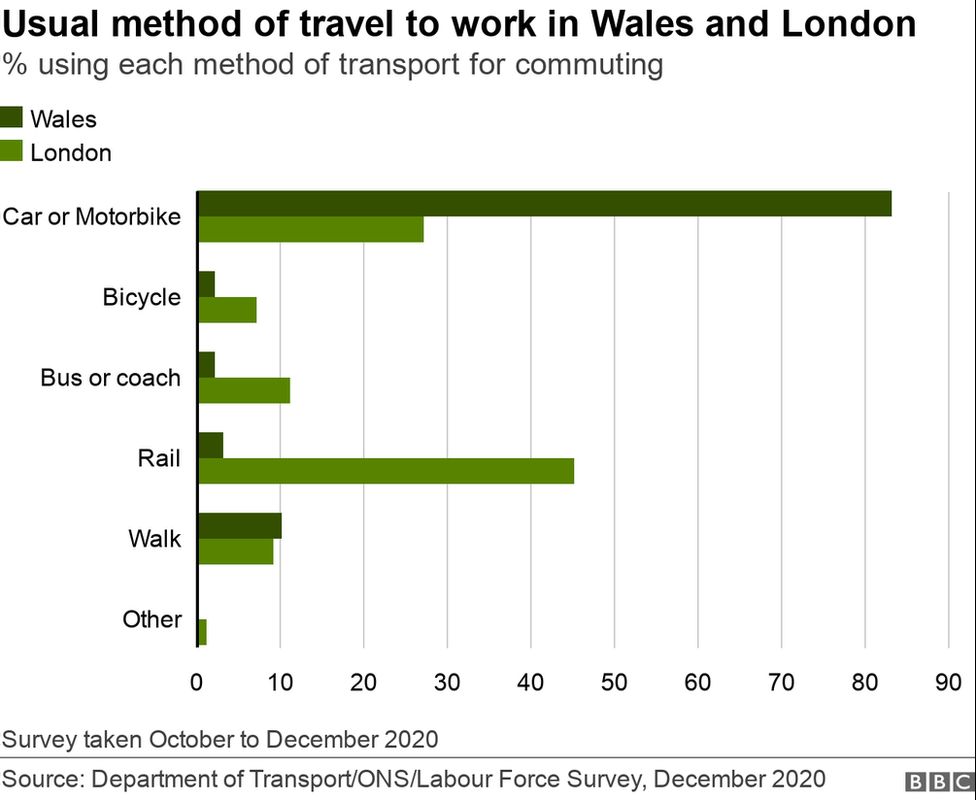But what is the strike about?
Transport for Wales have made it clear they are not involved in the dispute, including guards, signallers, catering staff, and track maintenance workers, but cannot run all its services fully as Network Rail maintains most of the track across Wales.
The RMT union wants a pay rise of 7% to deal with the rising cost of living, but it says their employers are only offering a maximum of 3% on condition they also accept job cuts and changes to working practices.
The RMT has threatened further action “for as long as it takes to get a settlement”, potentially for six months or more.
Steve Skelly of the RMT in Wales said it had had none of the assurances it wanted from either the UK government nor train companies.
More News:
Mark Drakeford accuses Netword Rail of using Welsh staff during union strikes
13 Year old boy found dead in the river Taff
Cardiff taxis want to increase their prices due to the cost of living increase
Ryan Giggs steps down as Wales Football manager due to due to a domestic violence trial
Mr Skelly stated “The reality is that we’ve had no other option but to ballot our members for industrial action. For some of our members this has been the third year of a pay freeze.”
UK Transport Secretary Grant Shapps has dismissed a call from the RMT for ministerial intervention and said negotiations should be between unions and employers. The Labour Party has also called on the government to step in.
Welsh Conservatives’ transport spokeswoman Natasha Asghar said: “Whilst I support workers’ right to strike, this rail walkout is set to cause huge disruption not just across Wales but the rest of the UK.”
She urged unions to “abandon the working practices of the 1950s, get round the table and use the changes in practices to give the staff a pay rise”.
But Economy Minister Vaughan Gething said the UK government had “chosen to promote conflict”.
The Welsh government could face calls for inflation-proof pay rises from unions representing health and other public services workers.
Mr Gething claimed the Welsh government’s hands were tied by funding from Westminster.
There would be “real difficulty for all of us” unless the Treasury provided the funding to increase wages in line with inflation, Mr Gething said.

How many of us travel to work by train?
In 2020, it was estimated that only 3% of commuting in Wales was by rail. This compared to 10% on average across Britain and as high as 45% in London.
In Wales, more than 80% of commuters still travel to work by car, which is higher than all English regions and Scotland, according to Department of Transport figures. as we simply do not have the infrastructure to make this possible.
But more of us are travelling for leisure – and that is at the heart of the dispute.
Stuart Cole, professor of transport economics at the University of South Wales, said the three-day walkout was due in particular to a dispute over a seven-day working week.
In the past, staff were given the option of not working on Sundays.
But Prof Cole said the economics of the railways industry had changed, with the weekend now part of the working week.
“Railway demand for leisure travel is up by 50% compared with a reduction in commuting by 40%. That change in the market place shows the importance of that weekend working,” Prof Cole told Radio Wales.